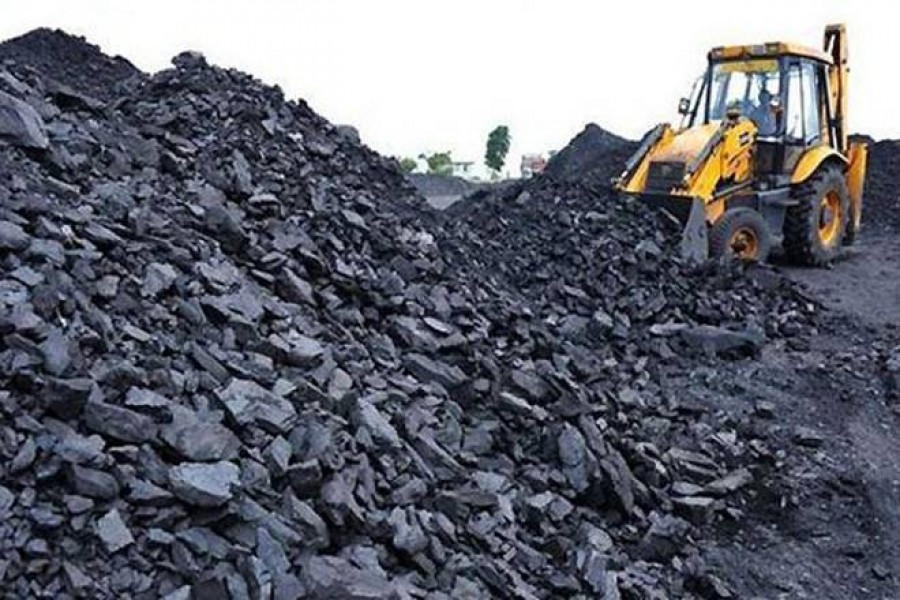
Published :
Updated :

To meet the nation's growing energy needs, especially for operating the power plants, the government has increased its dependence on imported fossil fuels including LNG, coal and oils. But with the falling forex reserve situation, it is getting increasingly difficult to pay the country's import bills including those of fuel. Evidently, the country is between a rock and a hard place, for under any circumstances, the power plants have to be supplied with fossil fuels to keep the engine of the economy running. Against this backdrop, those in the country's power and energy authority as well as experts in the field met in a recent webinar in the city to discuss options to get around the crisis. But other than blaming the international situation or criticising the government's past policy of not developing the domestic capacity, especially of both the onshore and offshore gas fields leading to the present situation, the webinar could not come up with any concrete suggestions to resolve the energy crisis. Stressing the use of renewable energy, solar and wind power, to be specific, the prime minister's energy adviser, in particular, dismissed the possibility of extracting coal from the existing mines of the country on the grounds that it could destroy agricultural lands and the aquifers containing groundwater.
True, in the long run, the country as elsewhere across the world, will have to base its energy policy on renewable options to combat the impacts of climate change and save environment. But when it comes to meeting an emergency, as is the case now, renewable energy is not the answer. In this connection, consider, for instance, that, as reports go, in the fiscal year 2021-22, the country's renewable sources could meet only 0.38 per cent of the country's entire power demand. Obviously, it will take years before the potential of tropical Bangladesh as an inexhaustible source of solar, wind and hydropower could be fully exploited. But can Bangladesh wait that long to meet its present energy needs? So, both a long and a short-term strategy should be in place to address the present as well as the future energy requirements of the country.
As there is shortage of hard currency in the country's coffer to procure fuel from external sources, the best choice before the government is to exploit whatever domestic fuel source is there to meet its immediate needs. In this context, alongside the government's ongoing efforts to develop the capacity of onshore gas fields, it may have a rethink of its policy on coal. Notably, according to different estimates, Bangladesh has around 2.0 billion tonnes of coal deposit underground in its north-western districts. Even so, the coal-fired Barapukuria power station in Dinajpur with its 575 MW production capacity cannot depend on local coal mines for their supply. On the other hand, the Phulbari project remains stalled due to sensitivities of socio-political nature. But at the same time, the government is importing coal from international markets to operate its coal-based power plants at the expense of its precious foreign exchange, the scope of which is shrinking by the day. On all counts, this is paradoxical.
Going by the maxim that desperate times call for desperate measures, the government would do well to reconsider its present policy on coal as a short-term measure to tide over the present energy crisis. However, for a more sustainable energy future, the government may go ahead with its draft policy in the style of 'Integrated Energy and Power Master Plan (IEPMP)' for the 2024-2050 period.


 For all latest news, follow The Financial Express Google News channel.
For all latest news, follow The Financial Express Google News channel.